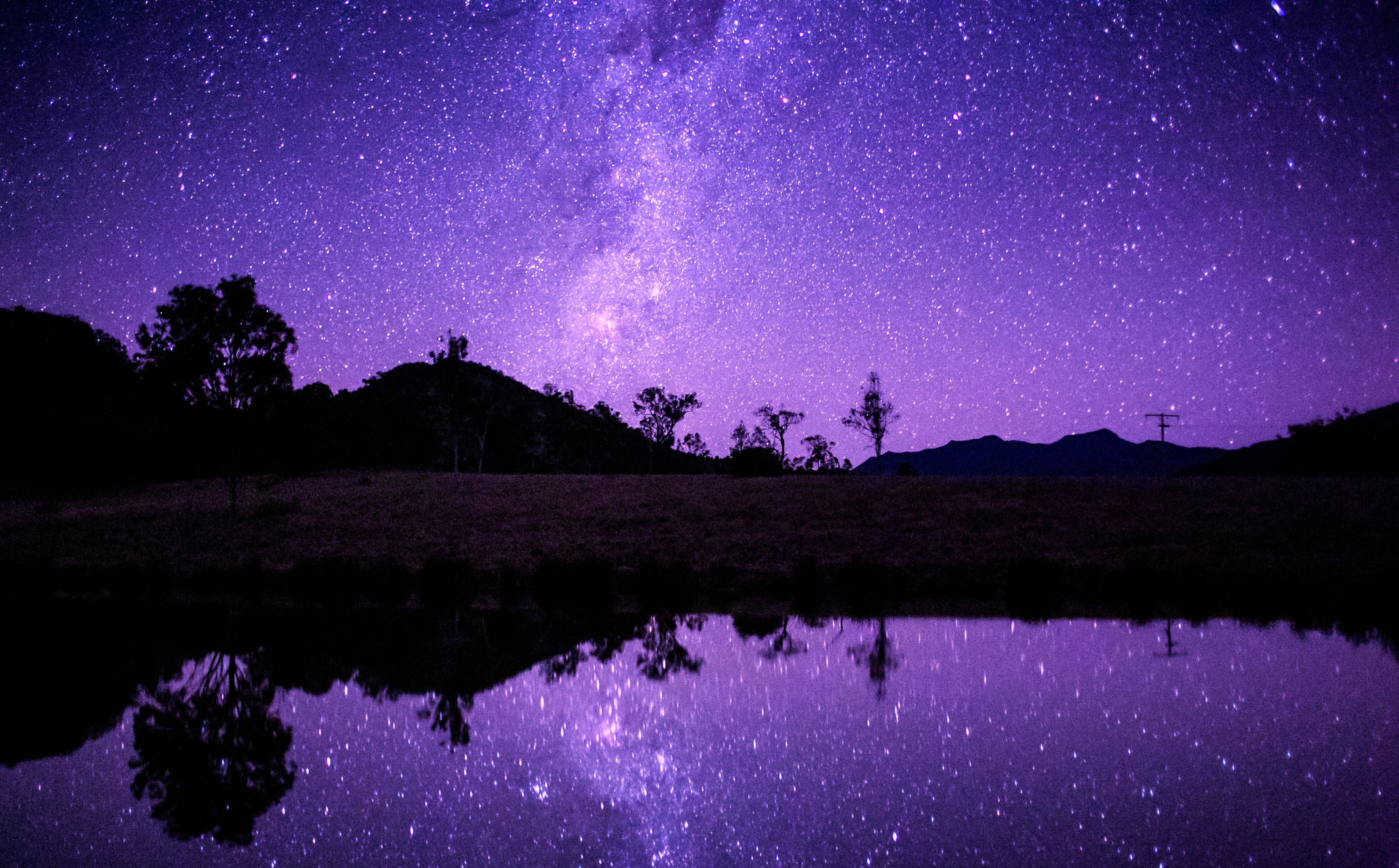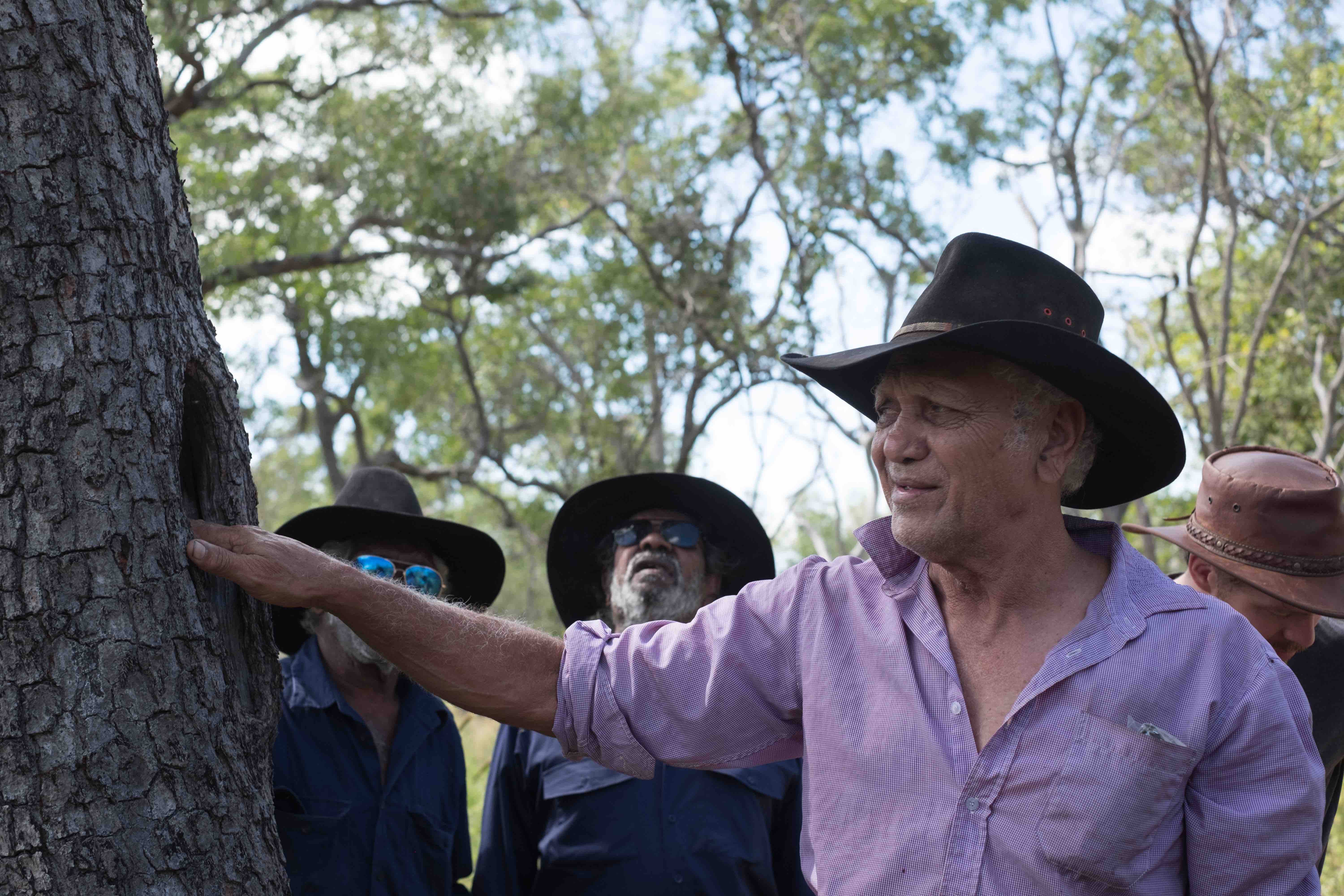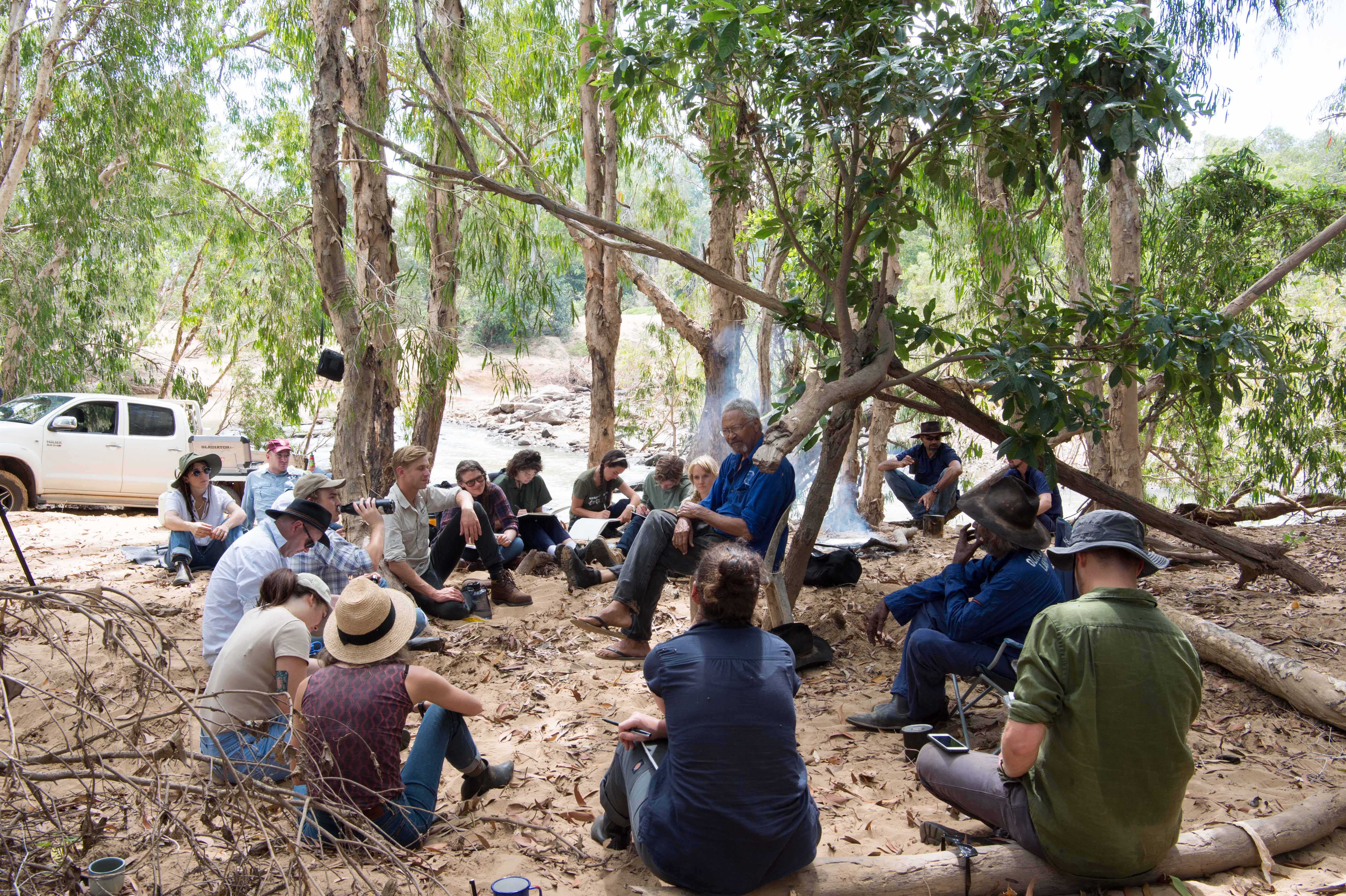
Education
Getting racism out of the classroom

Community-led research brings together cultural, economic and environmental considerations for a unique design collaboration on Olkola Country
Published 7 March 2021
“Mumpul Olkol-arrgi irryidgam arrdapuur arling ampul Olkol arrgi-irrkun.” (English Translation “We all gotta go back home to our country, we are Olkola People.”) –Uncle Jack Lowdown, Olkola Knowledge Holder, December 2020.
The Olkola Aboriginal Corporation (Olkola) are the Traditional Owners and custodians of Olkola Country in Cape York in far north Queensland – which in 2014, was the largest area to be handed back in Queensland’s History.
At present, there is a ranger base and four outstations on Olkola Country which are designed for the practical purpose of supporting Olkola to maintain land management work.

But there’s no built facility on Country to keep and promote cultural artefacts and knowledge. Olkola share a vision to extend their land management work and continue cultural practices by building a Cultural Knowledge Centre on Olkola Country themselves.
As Olkola elder Uncle Mike Ross says:
“[We want to] use the centre for all projects, recording knowledge and collecting information of the country and our culture. [We want to] use all the knowledge we can get of our landscape to manage country. Putting together scientific information and cultural knowledge.
“We can do a lot in a centre based on Country, [because] you’re not talking about your Country, you’re on Country’.

Education
Getting racism out of the classroom
So, the Centre aims to catalyse the creation of sustainable livelihoods on Country by combining cultural, economic and environmental considerations to satisfy the Olkola People’s need and aspiration to get back to living on Country.
To do this effectively requires community-led research which demands interdisciplinary, systemic and collaborative methods of working together to address the complex nature of real-world challenges.
Specifically, there are four key principles for building a genuine community-led research project: contextual responsivity, participation, partnerships and adaptability.

The Olkola Cultural Knowledge Centre is one such community-led research project that works with these four principles.
The project is led by the Olkola Aboriginal Corporation in partnership with the Faculty of Architecture, Building and Planning and a growing group of partners including the Centre for Appropriate Technology, Monash University, Arup Engineering and a volunteer team of graduate architects and construction managers, as well as civil and mechanical engineers.
The most fundamental requirement of any community-led research and teaching partnership is to respond to a community’s identified need in an appropriate way.

Sciences & Technology
The importance of teaching boys about brilliant women
But participation is at the core of community-led research.
For researchers, this involves listening to the community in order to understand their needs and aspirations then applying technical expertise to help find solutions together.
In 2018, this process began when the Centre for Appropriate Technology’s Andre Grant began a conversation at the site of the future Cultural Knowledge Centre on Olkola Country between senior Olkola Traditional Owners, Olkola CEO Debbie Ross-Symonds and myself.
From this very first stage in the partnership a masterplan was decided upon. Based on Olkola needs and aspirations, our masterplan would be collaboratively designed and developed with the help of 16 Master of Architecture Students from Monash University.

These designs would be done as films so they could be immersive and readily shared with Olkola Traditional Owners across North Queensland.
These initial conversations were also an opportunity for Olkola and I to establish an ethical practice for the partnership, which sees Olkola as co-authors to all research arising from the project and providing an opportunity to opt out of the project at any stage.
Since those initial conversations in 2018, the partnership has evolved to include more than 300 students from across architecture and civil and mechanical engineering, with 15 former students and graduates still actively involved in the project.

Sciences & Technology
One size doesn’t fit all for conserving our iconic kangaroos
This collaboration across different disciplines has propelled the project through detailed design, engineering concept design, town planning, and onto engineering and construction certification.
It has led to formal partnerships including with Arup Engineering who have committed both in kind and voluntary expertise through their Community Partnerships Program to complete the engineering certification of the Cultural Knowledge Centre.
This brings us to the third key principle of community-led research – partnerships.

As a project grows it requires different forms of knowledge. Partnerships enable interdisciplinary technical expertise that can be drawn upon as needed at different stages of a project.
To ensure any project remains community led, it’s important to clarify roles and responsibilities early on, but in a project like the Olkola Cultural Knowledge Centre, these need to be ongoing conversations due to the volunteer nature of much of the team.
The relationship between the community members and the rest of the project team is also a crucial component. In undertaking the research for the Olkola Cultural Knowledge Centre we are all united and motivated by a shared goal, first established by the Olkola Traditional Owners.

Arts & Culture
If our animals could speak
Finally, community-led research needs to be adaptive to changing needs, overcome challenges and deal with conditions of scarcity in order to deliver meaningful outcomes.
In 2021, construction of the Cultural Knowledge Centre will begin with a prototype funded through the Queensland Government’s Growing Indigenous Tourism Fund.
This fund aims to support the development and growth of sustainable Aboriginal and Torres Strait Islander tourism businesses and create new jobs or career pathways for Aboriginal and Torres Strait Islander Queenslanders.
The prototype will be self-built by the Olkola Rangers with input from architecture masters students and the project team. This prototype will establish water access and solar power on the site and provide a commercial kitchen, toilets, showers and a covered deck area that can be used for both cultural tourism and land management.

We all still have much to learn from the prototype construction – testing the proposed sustainable rammed earth and locally milled timber systems will inform how we adapt the later stages of the cultural knowledge centre exhibition spaces and the ranger base.
But due to the remoteness of the Sandy Creek Bore site, our limited funding and 2020’s COVID restrictions, we haven’t yet been able to get up on Country to test the rammed earth system with the Olkola Rangers.
This has meant we have had to adapt the design to a low-tech version that supports the self-build approach, as well integrating tests of better performing rammed earth wall sections to better understand what will work on Country.

Politics & Society
Is this the end of the “American Century”?
All of us will learn from this next stage as we have with each one before, with lots of conversations and an openness to evolving the design with a community at its heart.
If you’re interested in learning more about or contributing to the Olkola Cultural Knowledge Centre Project, please visit Olkola.com.au.
Project Partners: Olkola Aboriginal Corporation, Centre for Appropriate Technology, Arup and Monash University
Project Team:
Project Management: Debbie Symonds (Olkola woman and CEO), Olkola Traditional Owners and Knowledge Holders (Uncle Mike Ross, Uncle Jack Lowdown, Uncle Fred, Aunty Betty Pender, Katherine Samuel, Shania Ross, Jo Pender), Dr Hannah Robertson (Research CI and Project Manager), Andre Grant (Remote Area Technical Support, CfAT)
Engineers: Hamish Banks (Arup), Stuart Goodman (Arup), Tim Bowker (Arup), Alexia Velev (former student, now Arup), Shelley Crowe (former student, now Arup), Edie Kaehne (former student) and Associate-Professor Pippa Connolly (Monash)
Architectural designers: Lauren French (former student, Greenshoot Consulting), James Taylor (former student, Olkola Aboriginal Corporation), Shereen Amin (former student, MCR Architects), Kirsten Spiridis (former student, Greenshoot Consulting), Georgia Richards (former student)
Construction management advice: Harsh Bansal (Former student, Hansen Yuncken)
Builder: Olkola Rangers Ashley Ross, Quinten Ross, Brendan Ross & Curtis (with input and coordination from National Indigenous Enterprises (Anthony Czygan and Bud Watts)
Banner: Getty Images